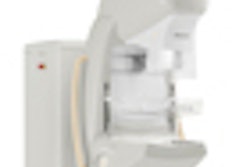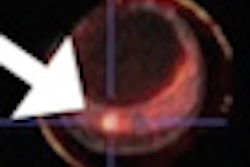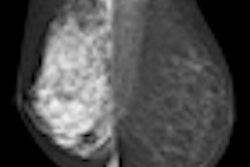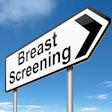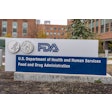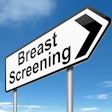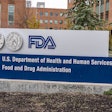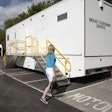Health insurance reform in Massachusetts has not led to better mammography screening rates or earlier detection of breast cancer, according to a study published online in Cancer.
In 2006, Massachusetts passed a law that requires all residents to maintain a minimum level of health insurance, and rates of uninsured individuals in the state decreased from 6.4% in 2006 to 1.9% in 2010, according to the authors.
Researchers from Massachusetts and California explored whether health insurance expansion led to increased use of mammography. Lead author Dr. Nancy Keating, of Brigham and Women's Hospital, and colleagues compared prereform and postreform data with a concurrent control in California using state health surveys and cancer registries (Cancer, July 25, 2012).
Adjusted mammography rates in Massachusetts were 69.2% in 2006, 69.5% in 2008, and 69% in 2010, while in California the rates were 59% in 2006, 60.3% in 2008, and 56.2% in 2010, according to the researchers. Adjusted rates of diagnosis for stage I cancers were 52.2% in 2006, 53.5% in 2007, and 52.4% in 2008 in Massachusetts, compared with 46.4% in 2006, 46.3% in 2007, and 45.7% in 2008 in California.
"Health insurance reform in Massachusetts was not associated with increased rates of mammography or earlier stage at diagnosis compared with California, possibly because of insurance and mammography rates that already were high," Keating and colleagues wrote.




